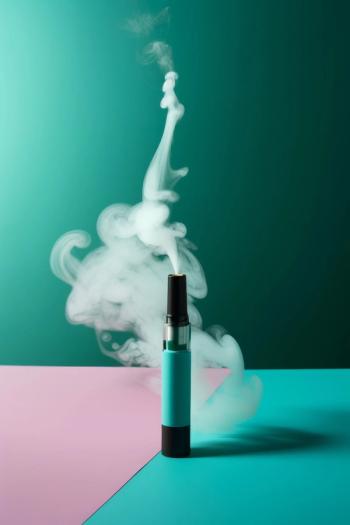
Rhode Island Cannabis Grower’s Permit at Stake
Rhode Island cannabis cultivator, Fire Ganja, may lose their license to grow cannabis due to unregistered plants and ownership issues.
A Rhode Island cannabis grower is in trouble with the Office of Cannabis Regulation after being found to be cultivating unregistered plants. State regulators also discovered that the correct ownership for the business was not listed, thus causing more issues. The company, Fire Ganja, based in Warwick, Rhode Island, must report to a revocation hearing on Friday, September 15, 2023, to plead their case, according to East Providence TV station WPRI (1).
On August 16, 2023, inspectors reported the facility after discovering 1,473 cannabis plants, 1,507 ounces of flower, and various other products which had not been documented into Rhode Island’s “track-and-track system”, following an inspection in June 2023. This visit brought new information to regulators regarding a federal lawsuit between Fire Ganja (STJ) and another company called San Miguel (1).
WPRI obtained the lawsuit court documents (1) which detailed that there was, “a 2018 agreement that required Fire Ganja owners Mark Laraway and Nicholas Salvadore to transfer ownership stakes to San Miguel in exchange for a delay in repayment of an initial $750,000 loan made in 2017.”
The most recent state license application form Fire Ganja filled out does not mention Ed Medeiros of San Miguel, as someone who has an “interest” in their business. Fire Ganja is claiming that San Miguel is just a lender. Regulators believe that the monetary amount from the arrangement totals to a “material change in ownership”, which Fire Ganja failed to report and is now in violation of the state’s law.
It is likely, that Fire Ganja will lose their license to cultivate cannabis, following the hearing with state officials (1), according to WPRI.
Rhode Island has been experiencing an “oversupply”, according to growers in the state, because there are a limited amount of retailers able to sell their products. As of December 2022, the state only has seven businesses allowed to sell cannabis products.
Reference
- Roberts, C. Untagged Plants, Ownership Issue Threaten RI Marijuana Grower’s Permit
https://mjbizdaily.com/untagged-plants-ownership-issue-threaten-rhode-island-marijuana-growers-permit/ (accessed Sep 14, 2023).
Newsletter
Unlock the latest breakthroughs in cannabis science—subscribe now to get expert insights, research, and industry updates delivered to your inbox.




